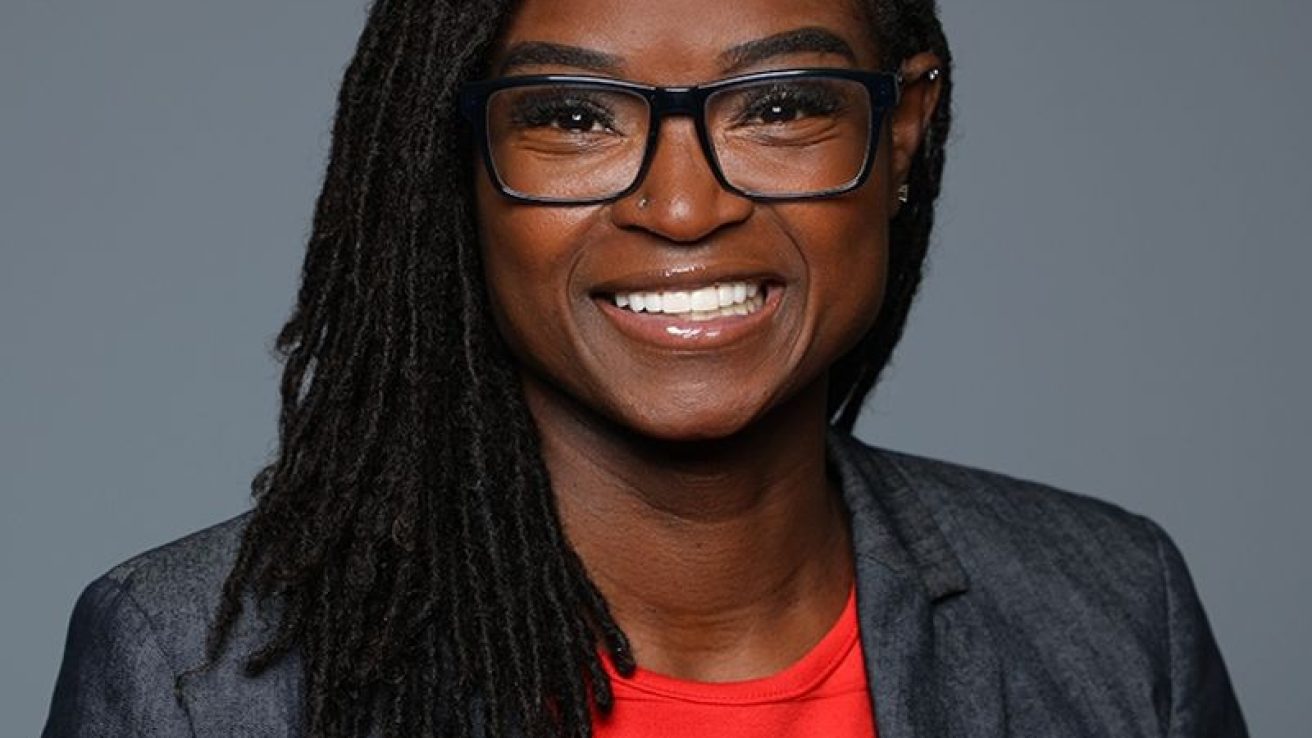In this MD Newsline exclusive interview with urologist Dr. Fenwa Milhouse, we discuss the role of implicit bias in healthcare. We also discuss how to provide culturally sensitive care.
MD Newsline:
How can urologists address implicit bias in their practice? How might their doing so improve healthcare for underserved communities?
Dr. Fenwa Milhouse:
“Implicit bias is not unique to urology. It’s not unique to medicine. It’s not unique to anything. We all have to acknowledge that we all have implicit bias. Implicit bias comes from living in a society that tends to be heteronormative, Euro-centric, and male-dominated. Ok? So we all harbor those biases.
So we have to understand how those biases play into our actions and thoughts. Implicit bias subconsciously plays into how we respond to patients and what we do for patients. Ok? And that’s where it becomes a problem. Having implicit bias doesn’t make us bad people. It makes us regular human beings. Ok?
But failing to acknowledge our implicit bias, educate ourselves, and overcome it, can make us worse doctors. Taking an implicit association test can be extremely enlightening. I took one myself. It turns out I’m biased against Black women. I say that not with any shame. I say that to highlight just how pervasive implicit bias is even against your own identity. Ok?
And again, it’s a reflection of this heteronormative, Euro-centric, male-dominated world that we live in. So taking that test can uncover some of these biases. We know that there are biases against poor people, racial/ethnic minorities, women, patients with disabilities, and LGBTQ patients, and there are religious biases. So we need to speak up about this topic.
I have started talking with my colleagues with DuPage Medical Group, which is the largest private practice in Illinois. I have been very bold in speaking with them and encouraging them to talk about this issue, take these tests, educate themselves, and get into action mode. Because when you know [what your biases are], then you can act differently.”
MD Newsline:
How have you been able to implement culturally sensitive care in your practice? Do you believe doing so improves treatment adherence?
Dr. Fenwa Milhouse:
“Of course! Culturally competent care makes patients feel heard, included, and respected. If I feel all those things, I’m much more likely to adhere to what you have to say. Studies show that doctors assume that Black and low-income patients are less intelligent, less likely to adhere to their advice, and more likely to engage in risky behaviors.
So if I assume these things already and I’m not aware of my bias and competent [in addressing it], I’m not going to connect with my patient, and they’re not going to connect with me. Racial and ethnic minorities receive less information [from their doctors]. They’re less informed. So why would I take this medicine when you explained poorly what it’s supposed to do. Ok? Why would I subscribe to this procedure, surgery, or treatment when I’ve received less information [about it]?
They feel less respected. Again, we have to connect with the patients. This doctor-patient relationship is a relationship. Ok? And so, how do I implement culturally competent care? Well, I educate myself. I’ve educated myself a lot. Because I definitely didn’t learn this information in medical school per se. Ok? So you have to educate yourself.
And institutions and practices need to have this education. Being more inclusive and more aware is good for business. That is truly the case. It’s going to be good for business and your bottom line. Better outcomes for all your patients means better business. And so, it would be paramount to educate and train an institution’s healthcare providers to be more culturally competent. It’s going to take education and training, checking our biases, paying attention, talking about this issue, and informing ourselves.
One statistic that I always talk to my colleagues about is that non-white patients who have ethnically concordant physicians have better outcomes, especially Black patients. Black babies are less likely to die when treated by Black pediatricians. Black patients tend to have better outcomes and adherence with Black doctors.
Great, so we should diversify our workforce. But we should also change this statistic so it doesn’t have to be the case. Ok? It’s past time for us to address this issue. And so, we need to pay attention to the data. We need to pay attention to what we have failed to do. And we have failed to provide equal and equitable care to all of our diverse communities. And our population is just becoming more diverse. So if you aren’t on the train, you will not survive as a medical institution.”
MD Newsline:
How do you deal with language barriers so that they don’t impede your ability to deliver quality care?
Dr. Fenwa Milhouse:
“This is a difficult problem. We are not doing a very good job of overcoming language barriers with our patients. I wish I were bilingual. I wish I spoke Spanish, given our overwhelmingly Spanish-speaking minority patient population. Not doing so poses limitations, especially in a system where we have fixed time—10 minute, 20 minute, whatever minute—visits, and you have to see a certain amount of patients in a day to make a living.
Well, that system isn’t tailored for patients with a language barrier who need more time. If I have to work with a translator, that visit requires more time. I can’t do the same visit in the same amount of time for somebody who doesn’t speak the same language as me. Ok?
But the system isn’t built to make up for that need for extra time. So either I have to move through the visit faster and skim through things so I can stay within that time so I can still be on time for the day, and I can still see all my patients, or I have to make much more time for that patient and then lose out some kind of way. I don’t get compensated for that extra time.
I don’t want to make it sound like patients with a language barrier should have higher co-pays or something like that. I just wish in a perfect world we had adjustments for these needs. We could be flexible, and it wouldn’t affect our quality of care and our bottom line. But what I’ve done is I’ve just tried to stay true to my ultimate mission to take care of the patient.
When I was reflecting on my bias, one thing that I noticed that I did and I had to catch myself as I would not be as detailed if the patient weren’t English-speaking. And that’s not equitable care, right? The patient’s not getting the whole story because it’s taking me longer. So I have done away with that bias. Whether it takes me 10 minutes or an hour, I’m going to give that patient the care they deserve.
I think that we need to invest more in written material for our patients as well. I give my patients a lot of written material because I can’t expect patients to remember everything. A lot of the written material is in English, and some of it is in Spanish. But a lot of the material in my specialty isn’t translated well in Spanish or other languages.
And I find myself really struggling with how to best care for my non-English-speaking patients in this way so that my non-English-speaking patients still get the same quality written material. So we are not there yet, and we need to work on that part of language disparities in patient care, too.”
Responses have been condensed and lightly edited.







